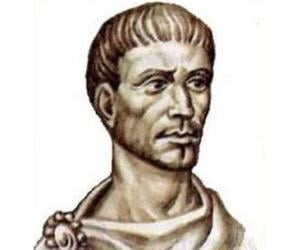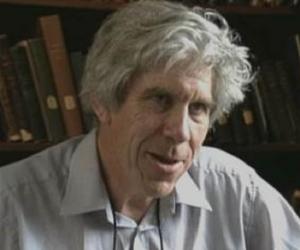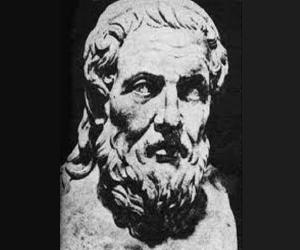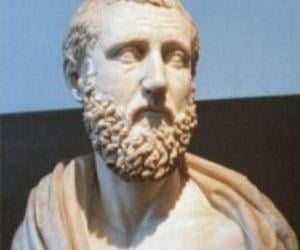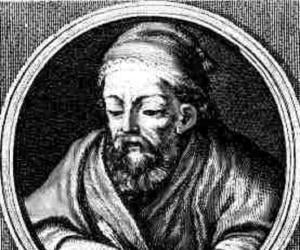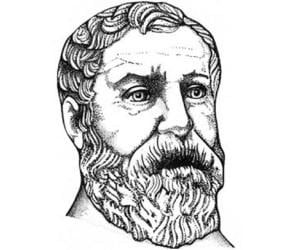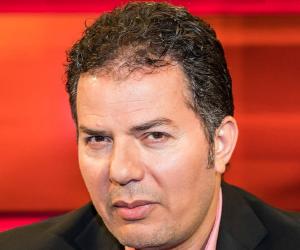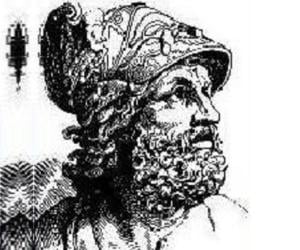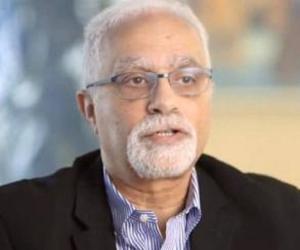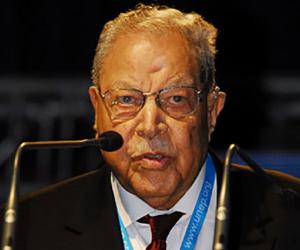1
Ahmed Zewail
(Chemist)
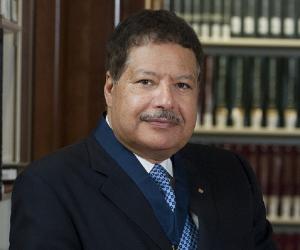
22
5
Birthdate: February 26, 1946
Sun Sign: Pisces
Birthplace: Damanhour, Egypt
Died: August 2, 2016
Ahmed Zewail was an Egyptian-American chemist, known as the "father of femtochemistry." He was awarded the 1999 Nobel Prize in Chemistry for his groundbreaking work in this field, making him the first Egyptian and Arab to win a Nobel Prize in a scientific discipline. Zewail served as the Linus Pauling Chair Professor of Chemistry, a professor of physics, and the director of the Physical Biology Center for Ultrafast Science and Technology at the California Institute of Technology.
